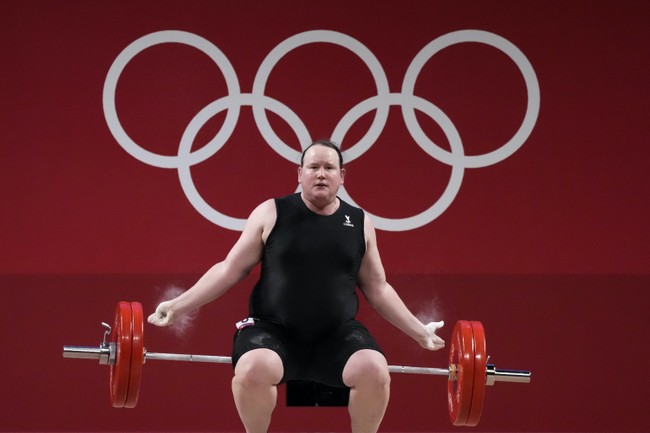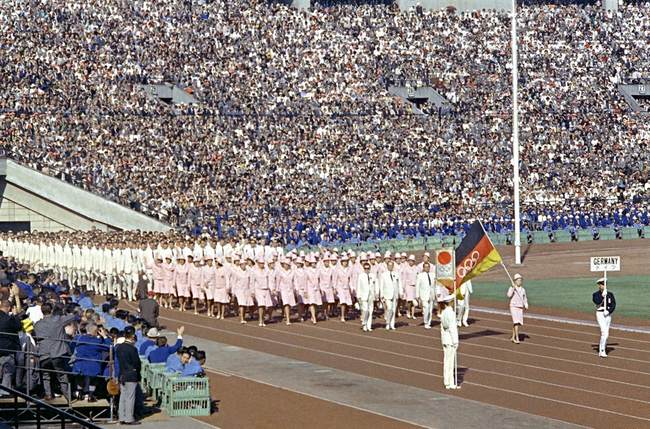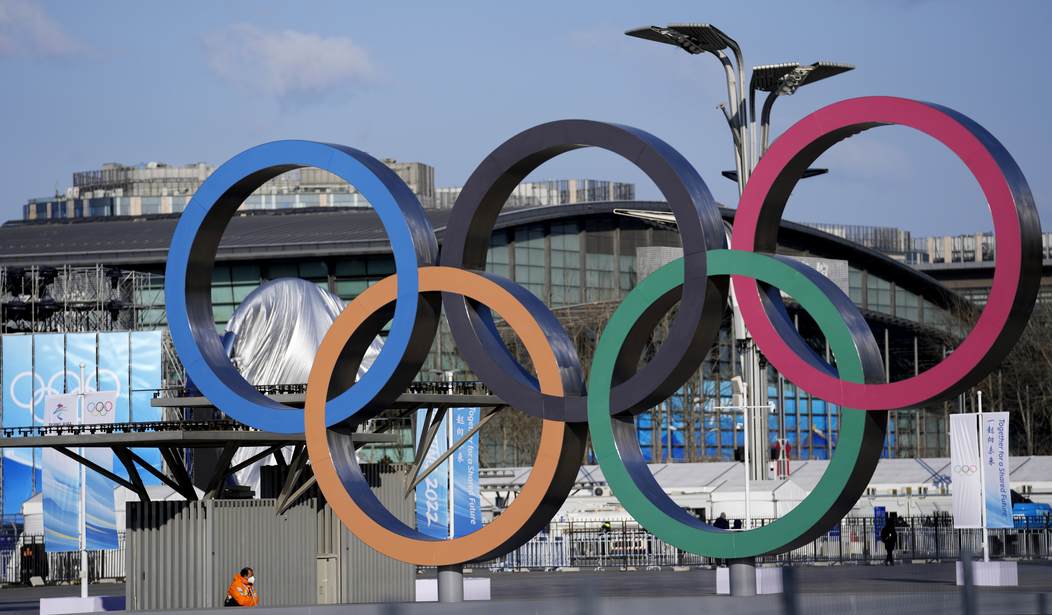It was a running punchline for generations. From comedy specials to backyard competitions, people would jokingly hold up scorecards for a performance of some sort, and in reading the results, someone would say, “You get a 9.5, a 9.8, a 9.7, and then 8.1 from the Russian judge!” It was a nod to a long-running issue in international competition, where a panel of judges determined results, and Eastern Bloc officials would be spotted delivering scores for other countries that were out of step with the other officials ruling on a result.
Well, now the International Olympic Committee appears to be working on rulings that are more than just embarrassing PR; they are placing the entire legitimacy of the Olympics in jeopardy. The IOC has just issued a set of media guidelines on how the press should refer to trans athletes and/or those from other marginalized categories. For a governing body that has always had strident, almost militaristic standards for athletes, this growing acceptance of trans competitors threatens the integrity of a competition that has been on the slide already with the general public.
Under the banner of “Beyond the Sport: Gender Equality in Sport,” the IOC delivers its Portrayal Guidelines. These are the requested approved social terms for referencing athletes, which are so regularly dictated to the public as to border on becoming boilerplate. It is somewhat amusing to see this being directed towards the media, as journalists have shown themselves to be the most willing to contort our language on behalf of activist causes.

The eye-rolling is first seen in the description of these guidelines. These call for the implementation of “gender-equal and fair portrayal practices in all forms of communication” across the IOC, and things only devolve from there. Not simply a list of suggestions, this is a 33-page guide on proper language, divided into three components, each with sub-categories.
The Context: Recognizing stereotypes and changing cliches
The Practice: Adopting fair and balanced portrayal practices
Taking Action: Checklists to facilitate implementation
Then an additional section, Annex, lists off transgender sportspeople and athletes with sex variations, and contains a list of proper terms and guidance for “respecting the difference.”
Over the recent Olympiads, the interest in these games has been sliding. The last Summer Games, held in Tokyo, saw significant drops in the ratings, and not just in the U.S. Then, in 2022, the Winter Games held in Beijing drew the lowest numbers seen in the Olympics. Much of this was attributed to the lingering issues of COVID restrictions, with limited crowds and remote broadcasts put in place, but one would expect an audience hungry for a diversion from the strains of the pandemic.
Now, it seems the IOC is introducing a problem that not only should it not welcome into its fading product but that defies the long-held standards that the IOC has instituted for generations. There are well-established controversies with trans athletes, but rather than taking a stand and imposing specific guidelines on what is accepted as an athlete, the IOC has shown to be an equivocating body on this matter.
For its guidelines on approved trans athlete participation, the IOC made a Dobbs-like decision, sending the ultimate judgment on acceptance of a trans athlete down to the governing bodies of the individual sports. Those authorities will determine “category qualifiers.”
The governing bodies of each sport have a duty to make sure there are no unfair advantages for athletes competing in said sport, so they will be expected to consider ethical, social, cultural and legal context before making decisions on eligibility criteria.
In a way, there is a certain logic to this, as the perceived advantage a trans athlete may bring into the competition could vary by the sport. The edge of a trans performer may not be as significant in some competitions, such as archery, but would be in games involving strength or endurance. Studies show the physique of a biological male delivers several advantages, from muscle construction to skeletal construction, and how blood gas processing aids the cardiovascular system.

A recently released study undertaken by the IOC showed some of these advantages trans athletes may possess, and those behind the study worked to make things inconclusive. “The authors cautioned against the presumption of immutable and disproportionate advantages for transgender female athletes who compete in women’s sports.”
The irony is that in generations past, the Olympics have been tainted by this very content. Throughout the 1970s and well into the ‘80s, the East German women's swim teams dominated the sport through what was largely known at the time and admitted to later – steroid and male hormones administered to their athletes. Doctors and officials from the deposed nation have been cited years later for doping.
The very aspects that tilted those scales decades back — the fraudulent introduction of male aspects into the women’s competition — is something they want to celebrate today. In the 1970s, those East German victories felt false after the results were seen. Today, it feels false before the first ripple in the pool, yet the governing body directs us to accept these issues as reality.













Join the conversation as a VIP Member